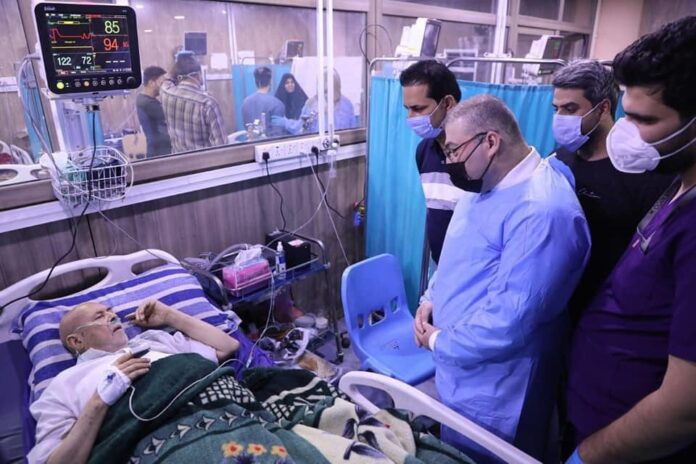Health security in Iraq has undergone an important transformation, particularly after 2003, as it has begun to take on strategic dimensions that are influenced by the variables of the politics, social, cultural, and economics, as well as by the problems caused by the spread of diseases and epidemics. Given the risks it poses to the security of the State and its members, it may quickly become a major and unconventional threat to the lives of more individuals than those whose lives have been lost as a result of war and conflict.
While the challenges to health security in Iraq have worsened and deepened in impact and effect, becoming factors that harm the health status of Iraqi citizens, namely, the lack of infrastructure, the limited use of human resources, and the lack of equipment and laboratories capable of diagnosing epidemiological diseases, as well as medicines, drugs and mental health centers, we are faced with critical options for building national plans for the development of the health sector in Iraq.
The question is about the reality of health security in Iraq during the current phase, as well as the perceptions of the Iraqi citizens on this issue.
The presented paper will adopt a methodology that follows the official figures on the health situation in terms of infrastructure, services provided, and the general population and economic situation affecting health security, as well as a survey of Iraqi citizens’ perceptions on this subject.










